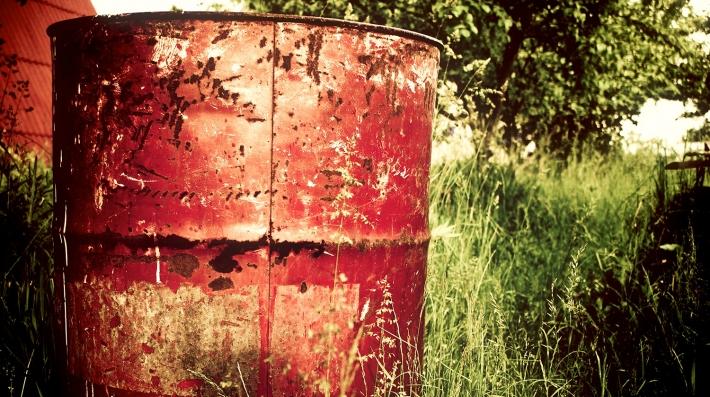
Nauru will establish sound policy frameworks, vastly improve data collection and strengthen human capacity. Chemicals and waste management will thus become a national priority, ensuring that the country’s rich ocean environment continues to flourish.
small island nation situated in the middle of the Pacific Ocean, Nauru is surrounded by coral reefs that are among the richest ecosystems in the world. But in recent years, overfishing and poor waste management has placed an increasing strain on this precious underwater world.
While Nauru has made some efforts to improve this situation, there are still a number of hurdles to overcome. The control of landfills remains lacking, while environmental and health laws are inadequate. Biowaste from medical facilities is often burned without proper disposal, while poor oversight of hazardous substances poses a considerable risk to the health of locals.
To resolve these ongoing issues, Nauru is working with the Chemicals and Waste Management Programme on a three-year project to strengthen the country’s institutional capacity and implement sound chemicals and waste management in accordance with the Basel and Stockholm conventions, to which Nauru is party.
To understand the depth of the problem, the project will begin with a comprehensive analysis to create a holistic profile of waste for Nauru, including chemicals, solids and other forms of waste. This review will provide data and information to set the project’s priorities.
The analysis will also involve reviewing and updating the national legislative framework for chemicals and waste management to reduce overlap, close legislative loopholes, and strengthen national capacity for environmentally sound chemicals management. This will ensure that Nauru’s chemicals and waste management becomes a sustainable part of its overall environmental policy, even after this particular project is completed.
The project will also see Nauru develop an Integrated Chemical and Waste Management Policy, outlining a long-term national approach for the environmentally sound and sustainable life-cycle management of chemicals. This will include key policies like a licensing regime for chemical importation as well as sustainable financing mechanisms to support end-of-life management of chemicals and associated wastes.
Nauru will also create the country’s first centralized database for chemicals and waste to enable updated data on chemicals and hazardous substances to be collected, centrally stored and reported to all government agencies. This will greatly improve Nauru’s ability to prepare and submit reports based on the Basel and Stockholm conventions.
Given the importance of Nauru’s ocean ecosystems, the country will also complete a national marine litter survey to assess the amount and source of waste ending up in the ocean. Based on the findings of the survey, a National Marine Litter Action Plan will be developed, identifying appropriate interventions to reduce human impact on the country’s underwater ecology.
Nauru will also work to strengthen human capacity by developing and delivering vocational training programmes in environmentally sound chemicals and waste management. Training will include the safe handling and use of chemicals, safe chemical storage and end-of-life management. Nauru will also provide enforcement training for staff involved in implementing the Basel and Stockholm conventions.
The project will have a gender focus, with women represented equally on the project’s Steering Committee where possible. The collection of data will also be disaggregated by sex to improve the government’s understanding of how women and children are affected by chemicals. There will also be a focus on equal participation of women and men in capacity development programmes.
Through these activities, Nauru will establish sound policy frameworks, vastly improve data collection and strengthen human capacity. Chemicals and waste management will thus become a national priority, ensuring that the country’s rich ocean environment continues to flourish.
For further information please contact the Special Programme Secretariat at [email protected]